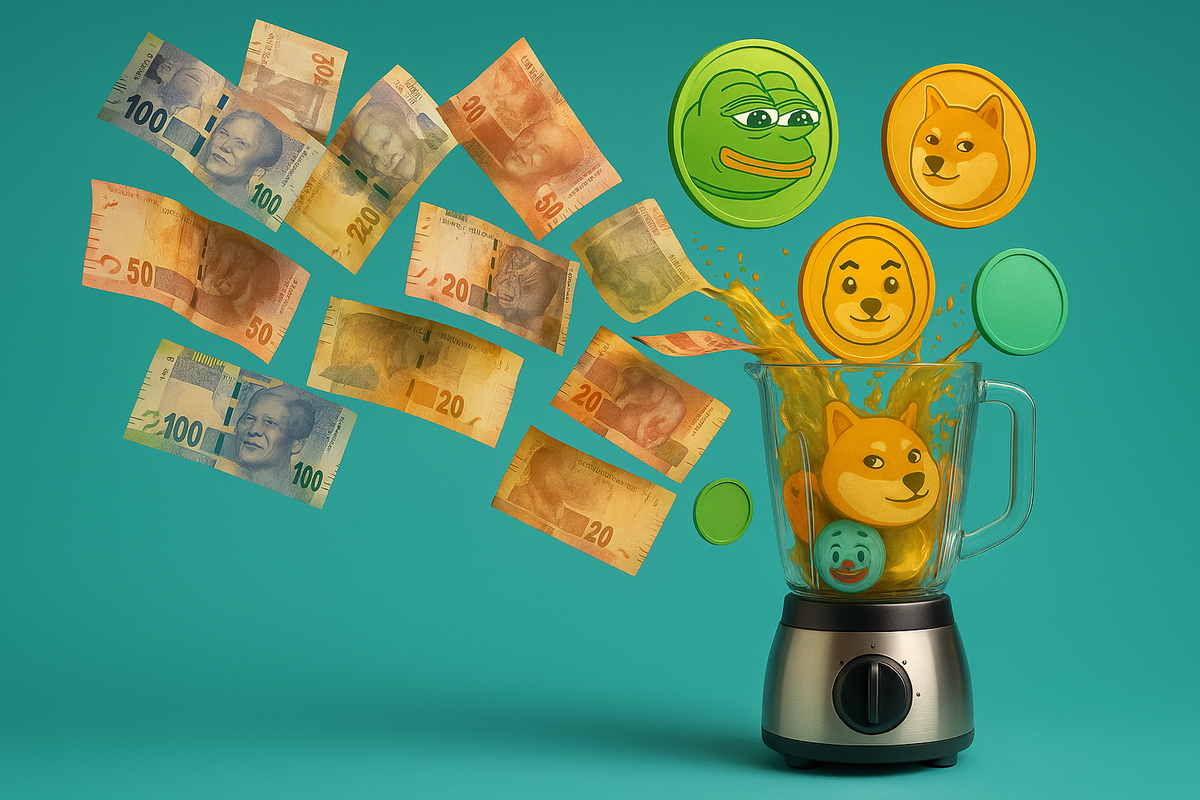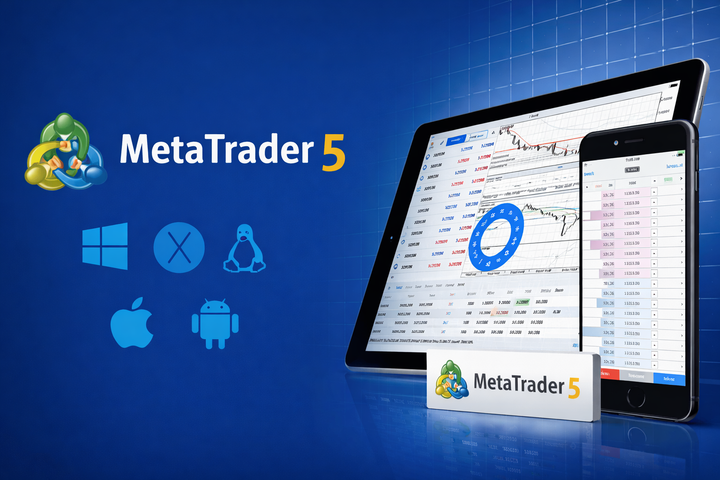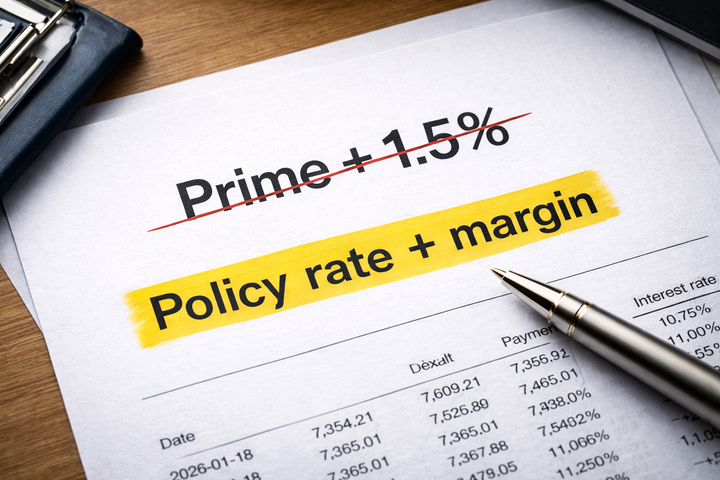Memecoin Madness and what every millennial investor should know
It started as jokes on the internet. Now, it's worth billions. Memecoins are either a goldmine or a cautionary tale for South African investors.


Memecoins are getting hotter than a braai on Heritage Day. South African millennials are piling into tokens with cartoon dogs, frogs, and inside jokes from Twitter.
Some are cashing out, while others are left holding digital dust. This is not your retirement plan; it’s a side-quest. Let’s unpack the hype, the risks, and why everyone from your cousin in Durban to Elon Musk keeps talking about it.
This isn’t a financial revolution.
It’s vibes with a price tag.
Why memes beat ETFs at the moment
Traditional investing feels like slow TV. ETFs, bonds, pension funds = snooze. Memecoins, on the other hand, are cheap, hilarious, and shareable. You can buy in for the price of one Uber ride from Sandton to Rosebank. It's no wonder that over 90% of South African crypto holders are under 55, with millennials and Gen Z leading the charge.
Globally, this age group is putting around a third of portfolios into crypto. Why? Accessibility. It’s on your phone, it’s trending on TikTok, and it doesn’t require a broker in a bad suit explaining dividends.
The numbers behind the hype
PEPE, SHIB, DOGE. Call it the holy trinity of internet coins. PEPE alone jumped more than 1 650% in a year. The global memecoin market is already worth over R1.2 trillion (US$68 billion), with predictions that it could smash past R15.9 trillion (US$900 billion) by 2035.
That’s not niche anymore. That’s the size of entire stock exchanges. Regulators are watching, journalists are writing think-pieces, and your friend who never shuts up about side hustles is now a “crypto advisor.”
Where it all gets messy
The catch? Memecoins don’t have fundamental value. You’re not investing in a company, product, or technology. You’re buying hype, hoping to sell it before the next person realises it’s hot air.
Pump-and-dump schemes are everywhere. Low liquidity means you might not be able to exit when you want to. Rug pulls - where a coin’s creators disappear with the money - are common. South African watchdogs have already warned that scams are rising fast.
Remember the Central African Republic’s memecoin, $CAR? It crashed 95% shortly after launch. Political memes, influencer memes, even celebrity memes; they’re great until they aren’t.
So, is there any upside?
Yes, if you treat it like comedy. Go in with a small amount of money. Diversify, and get out early. For some, that one meme trade will fund a holiday in Cape Town. For others, it’ll be a reminder that you shouldn't believe everything you read on the internet.
Platforms like Pump. Fun claim to democratise coin launches, but they often enable the chaos. Think of memecoins less like Wall Street and more like a guerrilla art scene. It’s wild, creative, and sometimes profitable, but it’s not safe.
South Africans love memes. They share it, remix it, live through it. Now, they're buying it. That’s fine, as long as you don’t confuse a laughing frog with a long-term investment strategy. Play small, play smart, and don’t expect a cartoon dog to fund your bond repayments.





Comments ()